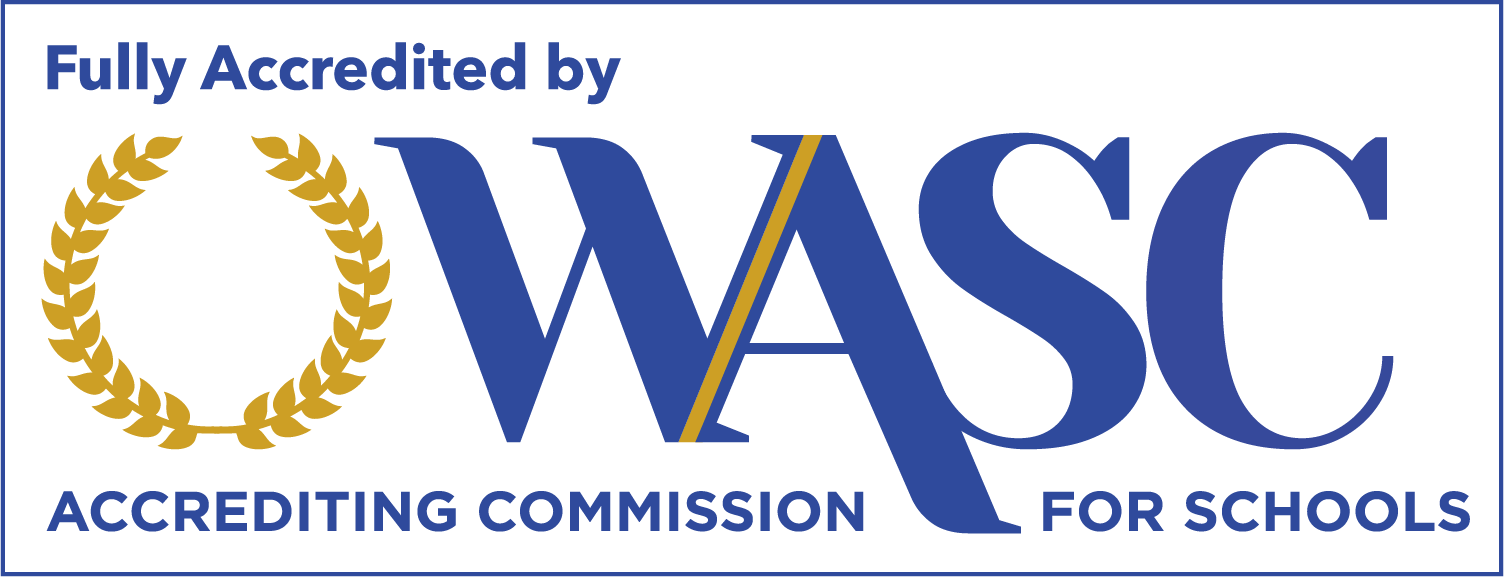Can ADHD Cause My Child to Struggle With Reading or Is It Something Else?
According to a 2016 study by the CDC, 6.1 million children in the U.S. have been diagnosed with ADHD. If your child is one of those children, you are likely looking for some answers. With any diagnosis comes a slew of questions and concerns.
If you’re wondering, “Can ADHD cause my child to struggle with reading?”, you are not alone. While you may be looking for a direct “yes” or “no,” it is not quite that simple.
Keep reading to learn more about ADHD, its correlation with reading struggles, and how to help your kid succeed.
ADHD Explained
Before we dive into ADHD in relation to reading and comprehension, we must understand exactly what ADHD is. ADHD stands for Attention Deficit Hyperactivity Disorder.
Symptoms of ADHD
The symptoms of ADHD include inattention, hyperactivity, and impulsivity. Different children exhibit different symptoms in various combinations. ADHD is unique to every child.
Inattention refers to the inability to focus. Children with ADHD may struggle to pay attention to details or have trouble organizing tasks. They may also appear to be forgetful or easily distracted.
Hyperactivity refers to an unusually high level of activity or excitement. This symptom may present itself as excessive talking, high energy, or fidgeting.
Impulsivity is when a child makes decisions or acts based on impulse – without thinking through their actions. An impulsive child may interrupt conversations, for example.
The Different Kinds of ADHD
As mentioned above, ADHD is unique to every situation. There are 3 main types, or presentations, of ADHD: Combined Presentation, Predominantly Inattentive Presentation, and Predominantly Hyperactive-Impulsive Presentation. In this section, we’ll dive into the 3 presentations in more depth.
Combined Presentation
The most common kind of ADHD in children is ADHD combined type. Children with ADHD combined type exhibit both symptoms of inattention and hyperactivity. Children are often diagnosed with ADHD combined type when they exhibit 6 or more symptoms of the other 2 types.
Predominantly Inattentive Presentation
Children with the predominantly inattentive presentation of ADHD may struggle to focus or keep track of things. Additionally, children with this type of ADHD have a weak working memory, so they are likely to forget things. This type was formerly referred to as ADD.
Predominantly Hyperactive-Impulsive Presentation
Children with Hyperactive-Impulsive ADHD are the kids who many people think “have too much energy.” They exhibit characteristics of both hyperactivity and impulsivity. Children with this diagnosis may struggle with self-control, blurt out answers, or fidget.
ADHD Treatment
An ADHD diagnosis may be overwhelming, but there’s a wide variety of treatment options available. 62% of American children with ADHD take medication while 47% received behavioral treatment.
Each situation is unique, so it is important to have your child evaluated to see what treatment will work best. It can often take a bit of time to find the perfect treatment for your child. Do not get discouraged, and remember that your ultimate goal is for your child to succeed.
Can ADHD Cause My Child to Struggle With Reading?
In short, the answer is yes – ADHD can cause your child to struggle with reading. However, ADHD is not likely the root of your problems. There may be underlying issues causing your child to struggle with reading.
There is an overlap between children diagnosed with ADHD and phonological processing disorders. An estimated 40-75% of children with ADHD also demonstrated phonological or auditory processing disorders. If you suspect your child may be struggling with more than ADHD, reach out to your doctor and share your concerns.
Children with ADHD often struggle to focus and process information, two key factors of successful reading. Reading also requires sitting still, which can prove difficult for children with hyperactive ADHD.
Symptoms That Your Child May Struggle With Reading Comprehension
Now that you know a bit more about ADHD, let’s talk about how you can tell if your child is struggling with reading comprehension. While you may already suspect that your child is struggling, there may be other signs that you’ve overlooked before.
Reading comprehension refers to your child’s ability to interpret and understand what they read. If your child struggles with reading, they will likely also struggle in other classes. For example, a struggling student may become frustrated with a word problem in math class and give up.
One of the main signs that your child has poor reading comprehension is that they cannot remember what they have just read. They may read the whole story perfectly, but when you ask them about it, you are greeted with “I dunno.”
If your child is struggling to read in general, such as mixing up letters or forgetting sight words, you may want to have them tested for Dyslexia. As we mentioned above, an underlying issue may be masked by ADHD, so it is important to watch for other symptoms.
How to Help
You must address the issues your child has with reading before too much time passes. The further behind they fall, the harder it will be to catch up. We recommend seeking a professional tutor to help your child, but here are a few tips for helping your child at home:
- Encourage them to read stories they are interested in
- Use post-it notes and bookmarks to help them track their place
- Ask questions about the content of the story
- Allow extra time for reading
- Have your student read aloud
- Take breaks between chapters/pages
This will help them with reading to ensure they do not fall behind in school, whether now or eventually.
Additional Resources
If your child is struggling with reading, you may need to find additional resources to ensure your child does not fall behind in school. Contact READ Academy to speak with a professional, especially if you worry your student may struggle with dyslexia.
Next time you ask yourself “Can ADHD cause my child to struggle?”, do not stress about the answer. Rest assured that you have educated professionals ready to help.




